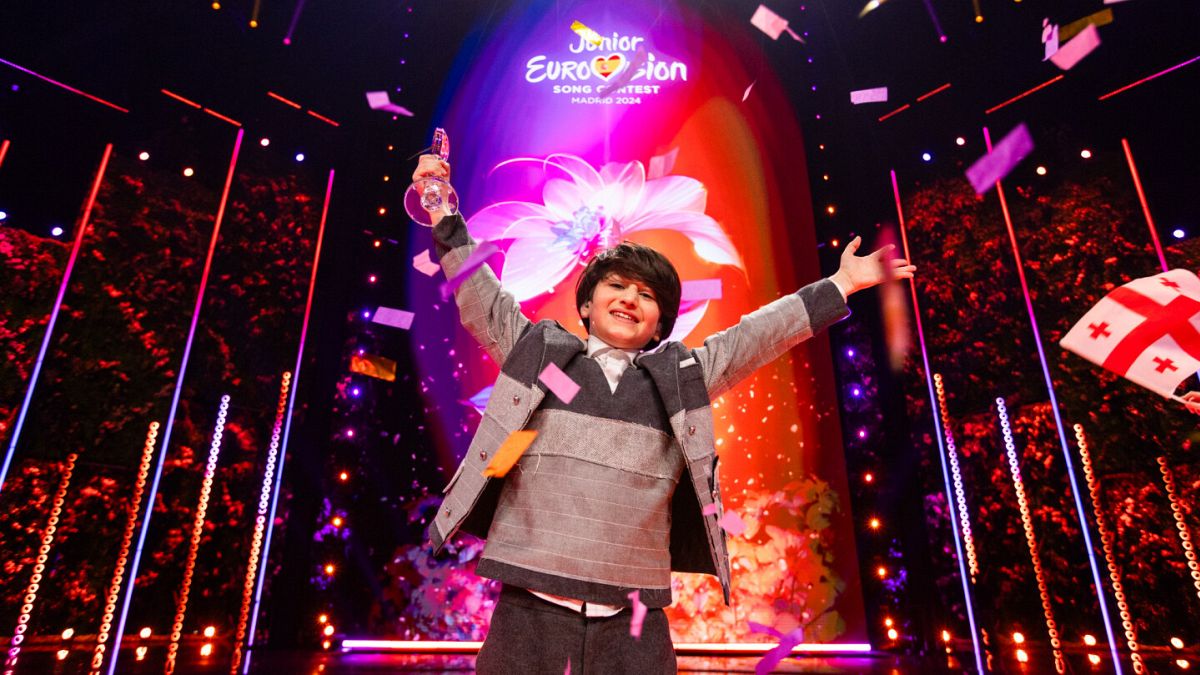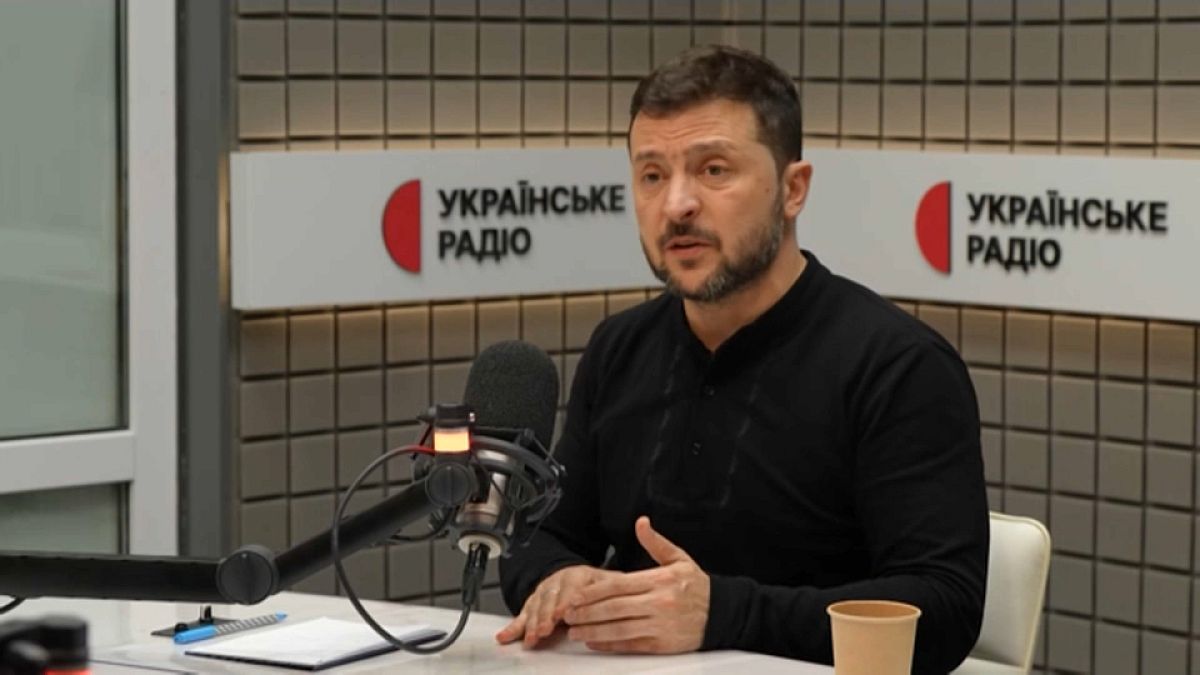Whenever an important or famous person visits Ukraine’s president Volodymyr Zelensky, a former Kiwi soldier often watches from a distance.
Cedric Waitere lives in central Kyiv, close to the train station, and when all the diplomats pass through he can see them from his balcony.
Since April, he’s been living in the capital in a hostel for foreigners helping with Ukraine’s war efforts.
Life appears almost normal, with plenty of hustle and bustle as people try to get on with their daily grind.
Tonight there is excitement in the air. Cedric tells 1News that everyone has received their monthly paycheque, and many are grabbing a bottle or two to celebrate.
The sound of war has fallen silent. It’s been several hours since alarms have warned people to take cover but that could change at any moment.
Cedric defied the New Zealand Government’s warning to stay away from Ukraine, which it said was “extremely dangerous and volatile”.
The Government warns New Zealanders not to travel to Ukraine and says anyone currently there should leave as soon as it is safe to do so.
Cedric Waitere travelled to Ukraine after Russia’s full scale invasion, against NZ Government advice, and now lives in central Kyiv. (Source: 1News)
The 46-year-old served with 2nd/1st Battalion, Royal New Zealand Infantry Regiment based in Burnham.
From 1997 until 2000, he trained alongside foreign forces, helped protect US President Bill Clinton, and was involved in search and rescue.
Initially, Cedric thought he would serve on Ukraine’s frontline, but instead, he’s providing aid and support.
Most of the donated medical supplies are taken to a warehouse in Poland before being driven across the border in a van, which Cedric and his team distribute.
He helped a mother with five children escape to Munich in Germany and was moved by seeing their relief.
“That was so touching to see and very rewarding because these poor kids have been through hell,” he said.
“Where they were living was close enough to see constant Russian attacks from the air, from Russian choppers to the artillery and missiles that had been fired and landing out in their backyards.”
For months, Cedric said Russia’s military assaults had been unrelenting. Civilian populations were being targeted every day with missiles, and drones which were loaded up with ammunition.
Recently a bus had been struck by a grenade delivered from a drone.
“They still fire artillery, they still have snipers shooting across the river and they’re still sending missiles, but they now have a concentrated effort of drones that are literally trying to find every civilian they can out roaming the streets.
“They have no qualms about sending the drone into a line waiting outside a bus. Many Ukrainians are dying daily.”
Brutality of war
Ukrainians don’t like to talk about their mental health, according to Cedric, who said that the sheer brutality of the war is taking its toll.
“We need to look for a way to set up an online system for the Western volunteers here whether they be soldiers or volunteers because they all suffer … due to the horrific scenes.
“I get a bit choked up when I have to talk about it but it really needs to be addressed.”
Cedric wants counsellors from around the world to help, by volunteering a few hours a day to connect with people in Ukraine through WhatsApp or Signal.
He said when people “for example, have to crawl over one dead Russian after another that’s been lying out in the field for weeks or months” while volunteering in the trenches, “you know that’s going to get to you”.
Despite the onslaught, Cedric said he felt completely safe.
“It doesn’t unsettle me, the sirens anymore doesn’t unsettle me, the explosions that go on over the city,” he said.
“As soon as I get woken up or disturbed by the next explosion I’ll come to go out to my balcony and have a look around and see what’s going on.
“Most of the time I can view drones getting shot out of the sky, even in the middle of the night, you can hear them, they sound like lawnmowers.”
Though he is just one of six New Zealanders now registered as being in Ukraine, he says he has no intention of leaving until the country and reclaims its territory and expels Russian forces.












